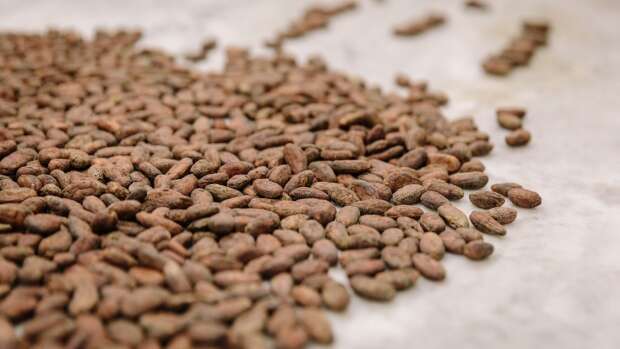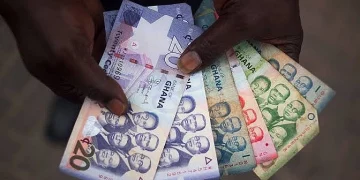The African Development Bank Approves €100 Million Loan to Strengthen Côte d’Ivoire’s Cocoa Value Chain
The Board of Directors of the African Development Bank Group has approved a €100 million agricultural commodity financing facility for Sucres et Denrées Côte d’Ivoire, bolstering the country’s output as the world’s top cocoa producer and advancing sustainable agricultural practices.
The package includes €25 million from the Africa Growing Together Fund (AGTF) – a co-financing initiative of the African Development Bank and the China Development Bank- and $10 million from the Bank Group’s Agribusiness Small and Medium Enterprise Catalytic Financing Fund (ACFM).
The renewable two-year facility will expand pre-financing arrangements with cooperatives and local suppliers, bridging critical financing gaps in a sector vital to Côte d’Ivoire’s economy.
Côte d’Ivoire produces more than 40% of the world’s cocoa, with output reaching 2.3 million metric tons in the 2022-2023 season. Despite recent weather-related yield challenges, the country remains central to global chocolate production and international commodity markets.
The new facility will strengthen cocoa sourcing and export capacities while promoting sustainable practices. Key objectives include improving supply chain traceability, strengthening climate resilience, and creating employment opportunities in rural communities, with a focus on youth and women.
The facility aligns with Côte d’Ivoire’s National Development Plan 2021-2025, which emphasises agro-industrial diversification as the country targets GDP growth of 6.5% in 2025.
The facility will prioritise sustainable financing for cooperatives, improving liquidity across the cocoa ecosystem while mitigating risks from market volatility and climate change. Through increased private sector engagement, the project is expected to boost export volumes by up to 10% annually and benefit more than 50,000 smallholder farmers through increased financing and technical assistance.
Beyond the cocoa sector, the loan also addresses liquidity constraints in West African markets, signalling the sector’s attractiveness to international investors and encouraging broader agricultural value chain investment.








